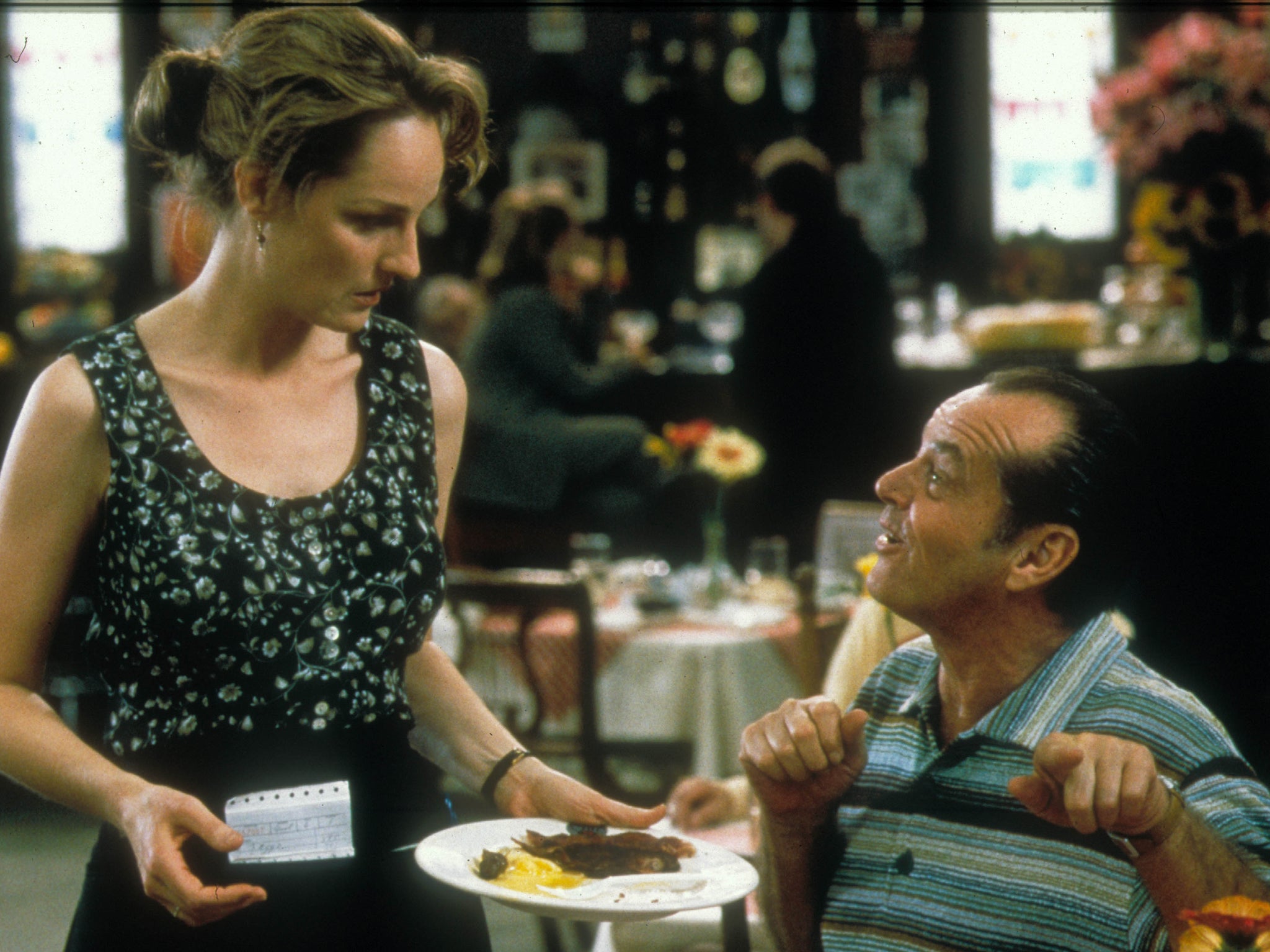Sentimental films can influence political attitudes and make you more liberal, scientists say
Study found volunteers showed a leftward shift in their political opinions, regardless of their views prior to watching

Watching sentimental films can have a greater influence on a person’s political opinions than advertising or news reports, according to new research.
Viewers who are “not prepared” to be critical about what they are seeing on screen were more likely to experience a “leftward shift” in attitudes when watching Hollywood movies with an underlying liberal message.
A team of political scientists at the University of Notre Dame in Indiana set out to explore the power of political messages in popular films, and found that they “possess the ability to change attitudes, especially on issues that are unframed by the media”.
Dr Todd Adkins, the study’s lead author, wrote that: “Media effects research has generally ignored the possibility that popular films can affect political attitudes,” an omission which he described as “puzzling”.
Around 300 students at Notre Dame – half of whom said they regarded themselves as conservative – were surveyed on their political views, shown a film, then questioned again.
Some were asked to watch a “control” movie seen as having no underlying political leanings, while others were shown As Good As It Gets with Jack Nicholson or The Rainmaker with Matt Damon.
Dr Adkins said that those who watched the films with both subtle and strong liberal messages were likely to experience leftward shifts in attitude, regardless of their stances beforehand.
“Viewers come expecting to be entertained and are not prepared to encounter and evaluate political messages as they would during campaign advertisements or network news,” he said.
As well as showing the potential political power of popular movies, he said the study shows “such influence persists over time and is not moderated by partisanship, ideology, or political knowledge”.
“Our key findings suggest that a renewed scholarly interest in the political influence of popular movies is clearly warranted,” he said.
The research was published in the December edition of Social Science Quarterly.
Join our commenting forum
Join thought-provoking conversations, follow other Independent readers and see their replies
Comments
Bookmark popover
Removed from bookmarks